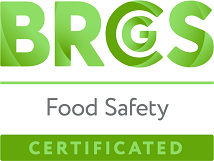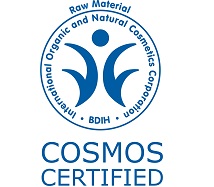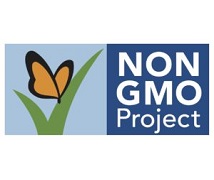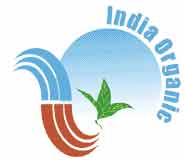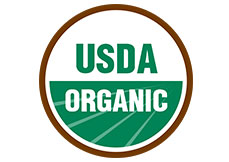
Organic Sustainability
There have been a great shift towards the agricultural sector since the end of World War II. New technological advancements, government regulations, improvement in research and development of chemicals and synthetics for agricultural purposes have favored increase in the agricultural production.
Most of these changes have made various agricultural procedures effective and have increased the efficiency of farmers in maximizing the output, but there are still many negative impacts of them in our environment, such as excessive use of chemicals and aggressive agriculture techniques based on output have lead to polluting of ground water, contamination of soil and adulteration in the final product which we eat which is harmful for our health and which corrupts of ecosystem. Output based techniques have lead to neglecting of the poor working conditions for the farm laborers, rise in the production cost, and dissolution of social and economic conditions in rural areas.
All these problems have given rise to a movement in the past few decades, called Sustainable Agriculture now, which supports use of sustainable agricultural techniques so that we would use our resources not only to satisfy our needs but also be able to save them for future generations. It have not only provided feasible opportunities to the farmers, farm labors and consumers, but also many viable options to the policy makers in order to come up with sustainable agricultural policies.
Food production should never come at the expense of human health. Since sustainable crop farms avoid hazardous pesticides, they’re able to grow fruits and vegetables that are safer for consumers, workers, and surrounding communities.
Sustainability rests on the principle that we must meet the needs of the present without compromising the ability of future generations to meet their own needs
Sustainable agriculture integrates three main goals–environmental health, economic profitability, and social and economic equity.

